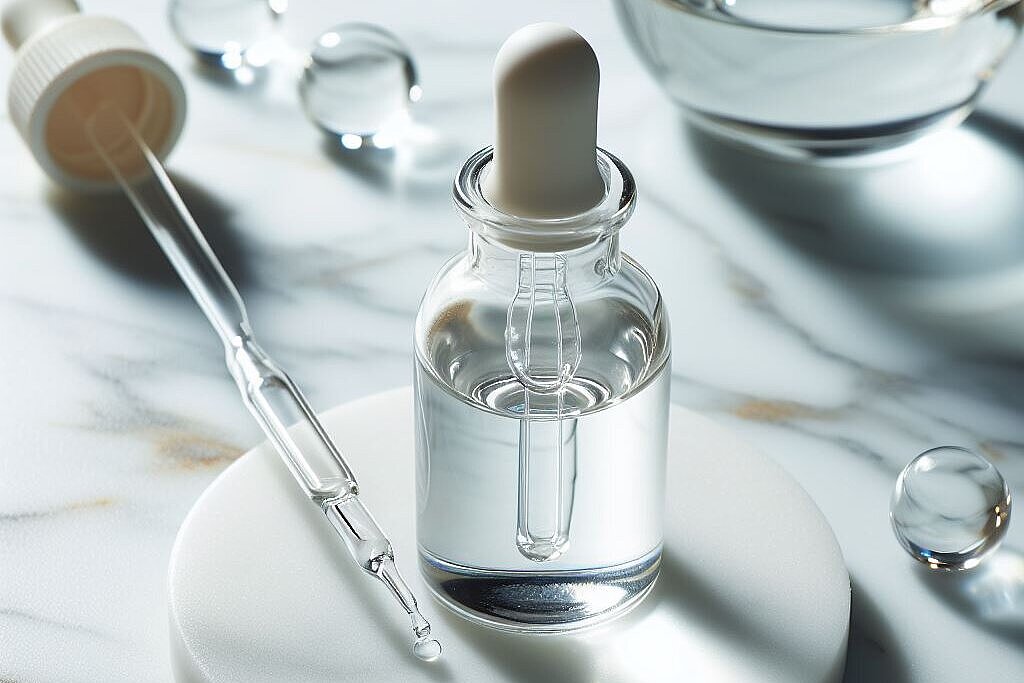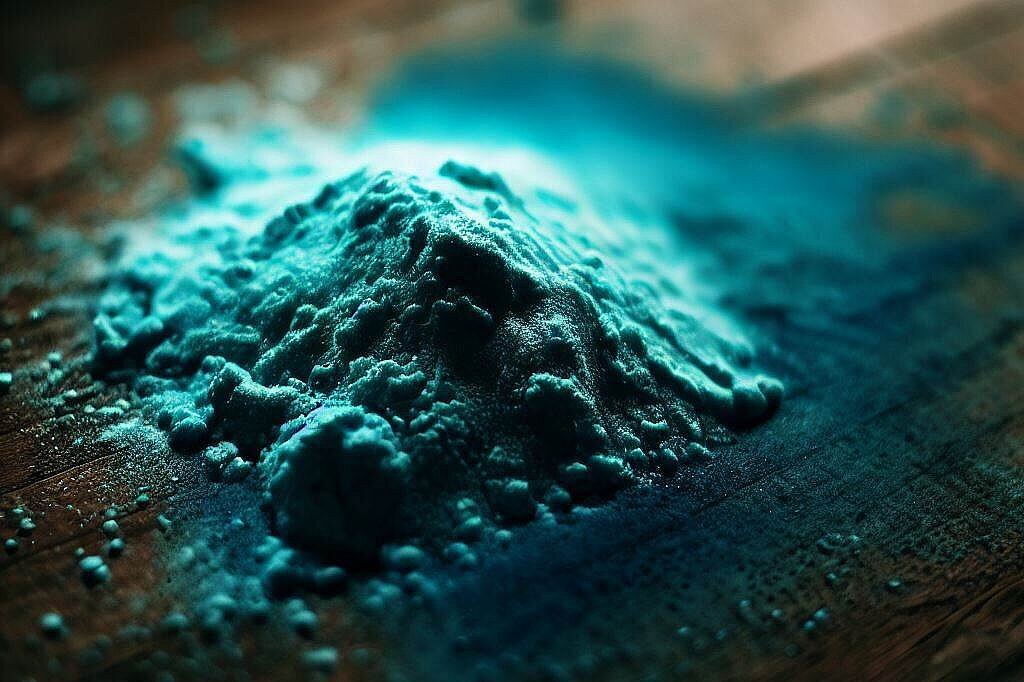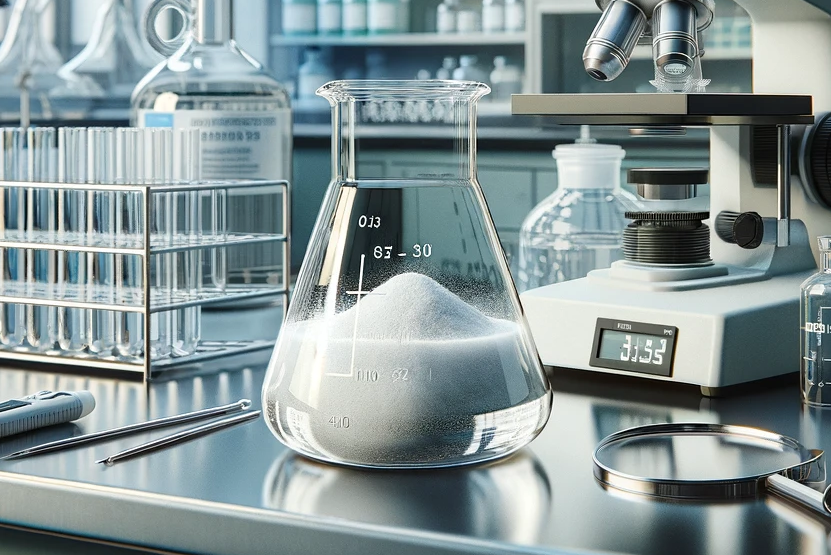Bromine chloride

What is bromine chloride?
Bromine chloride, also known chemically as bromine chloride vapor, is an inorganic compound consisting of the elements bromine and chlorine. In industry, bromine chloride is used in various chemical processes, for example as a catalyst or reagent. However, in animal nutrition, especially for dogs, bromine chloride plays a much less prominent role. It is important to emphasize that the direct use of bromine chloride in dog food would be extremely unusual and potentially dangerous. Rather, bromine chloride could play a role in very specific and controlled situations as part of nutritional supplements or medical treatments.
Benefits of bromine chloride
Hypothetical applications
Health benefits
In a hypothetical scenario, one could imagine bromine chloride being used in veterinary medicine for specific therapies due to its chemical properties. For example, it could be used in the treatment of certain diseases as part of a pharmaceutical product. However, it is important that such applications are scientifically sound and backed up by veterinary studies.
Nutritional and physiological aspects
The direct nutritional relevance of bromine chloride for dogs is minimal to non-existent. There are no known benefits of bromine chloride that would make it a desirable addition to a dog's diet.
Disadvantages and risks
Toxicity and health risks
There are significant risks associated with the use of bromine chloride. As a highly reactive chemical compound, bromine chloride can have toxic effects on living organisms, including dogs. Exposure to bromine chloride can lead to serious health problems, including respiratory problems, damage to mucous membranes and other toxic reactions.
Lack of nutritional value
Aside from the health risks, bromine chloride offers no recognizable nutritional value to dogs. There are no nutritional reasons why this chemical should be part of a balanced dog diet.
Bromine chloride may have its place in chemistry, but it has no place in our dogs' diets. The potential risks and toxicity of bromine chloride far overshadow any hypothetical benefits. It is vital that we, as responsible pet owners, pay attention to the ingredients in our dogs' food and always ensure that they are beneficial to their well-being.
Properties 6
Are you looking for other ingredients with a specific property?
Just click on them to find more.
If you notice any signs of hypersensitivity or poisoning in your dog, you should see your vet immediately. We are not a substitute for a vet, but we try to be as accurate as possible. Every dog reacts differently and we recommend you get a second opinion or consult your vet if in doubt.
Stay healthy and take good care of your four-legged friend!😊
Similar to Bromine chloride
Sodiumhypochlorite (NaClO) is a chemical compound of sodium, oxygen and chlorine. It is formed when chlorine is introduced into a sodium hydroxide solution. The resulting liquid, often referred to...
Chlorine can have some benefits for dogs when it is present or applied in small amounts. For example Chlorine can help clean and disinfect wounds. If your dog has injured himself, you can dab some...
Calcium hypochlorite (Ca(ClO)_2) is a chemical compound that is primarily used as a bleaching agent and disinfectant. It is a white powder that forms strongly chlorinated solutions in water, which...
Chlorine dioxide (ClO₂) is a yellowish gas with a characteristic, chlorine-like odor. It is known for its strong antimicrobial effect and is therefore used in various areas such as water treatment,...



